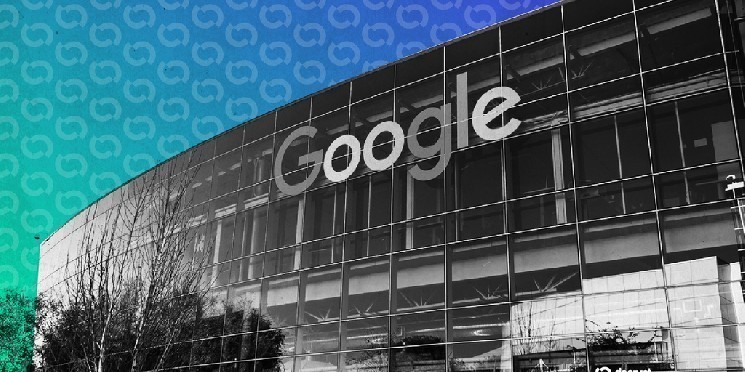Google launched Gemini 2.5 Flash Image on Tuesday, delivering a new AI model that generates and edits images with more precision and character consistency than previous tools—attempting to close the gap with OpenAI’s ChatGPT.
The tech giant’s push to integrate advanced image editing into Gemini reflects a broader push among AI platforms to include image generation as a must-have feature. The new tool, now available across Gemini apps and platforms, lets users edit visuals using natural language—handling complex tasks like pose changes or multi-image fusion without distorting faces or scenes.
In a blog post, Google said the model allows users to “place the same character into different environments, [and] showcase a single product from multiple angles… all while preserving the subject.”
🍌 nano banana is here → gemini-2.5-flash-image-preview
– SOTA image generation and editing
– incredible character consistency
– lightning fast
available in preview in AI Studio and the Gemini API pic.twitter.com/eKx9lwWc9j
— Google AI Studio (@googleaistudio) August 26, 2025
The model first appeared under the pseudonym “nano-banana” on crowdsourced testing site LMArena, where it drew attention for its seamless editing. Google confirmed Tuesday it was behind the tool.
Google said the system can fuse multiple images, maintain character consistency for storytelling or branding, and integrate “world knowledge” to interpret diagrams or combine reference materials—all within a single prompt.
The model costs $30 per million output tokens—about four cents per image—on Google Cloud. It’s also being distributed via OpenRouter and fal.ai.
OpenAI introduced the GPT-4o model in May 2024 and added image generation in March 2025, which helped push ChatGPT’s usage above 700 million weekly active users. Google reported 400 million monthly active Gemini users in August 2025, which would indicate weekly usage that considerably trails OpenAI.
Google said all outputs will include an invisible SynthID watermark and metadata tag to mark them as AI-generated to address concerns around misuse and authenticity.

